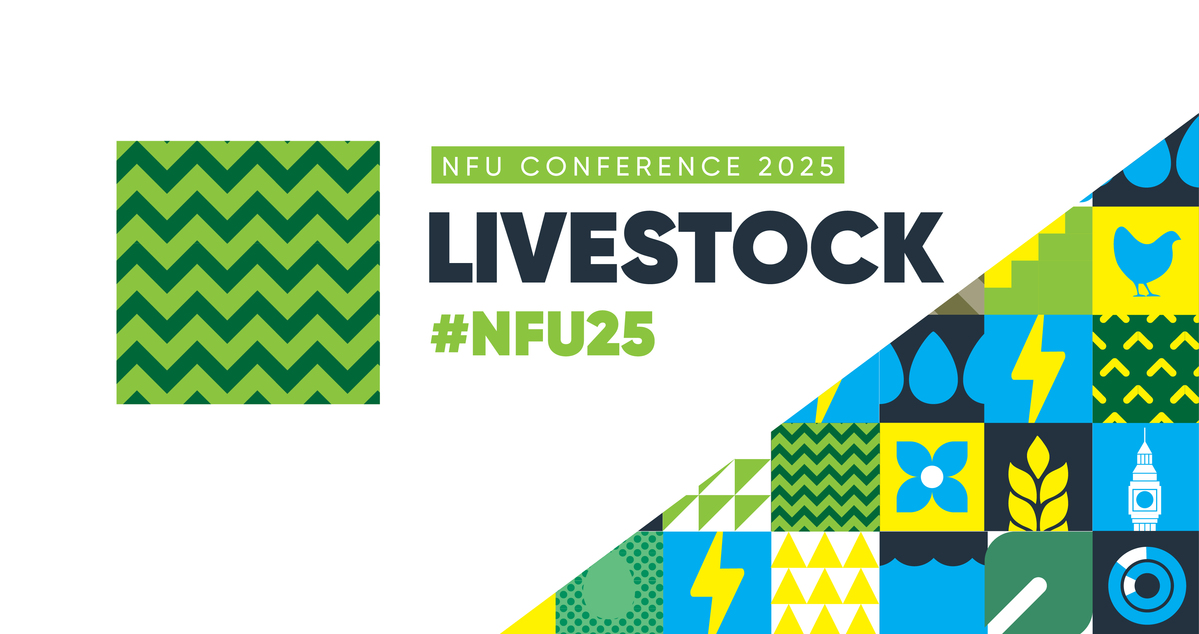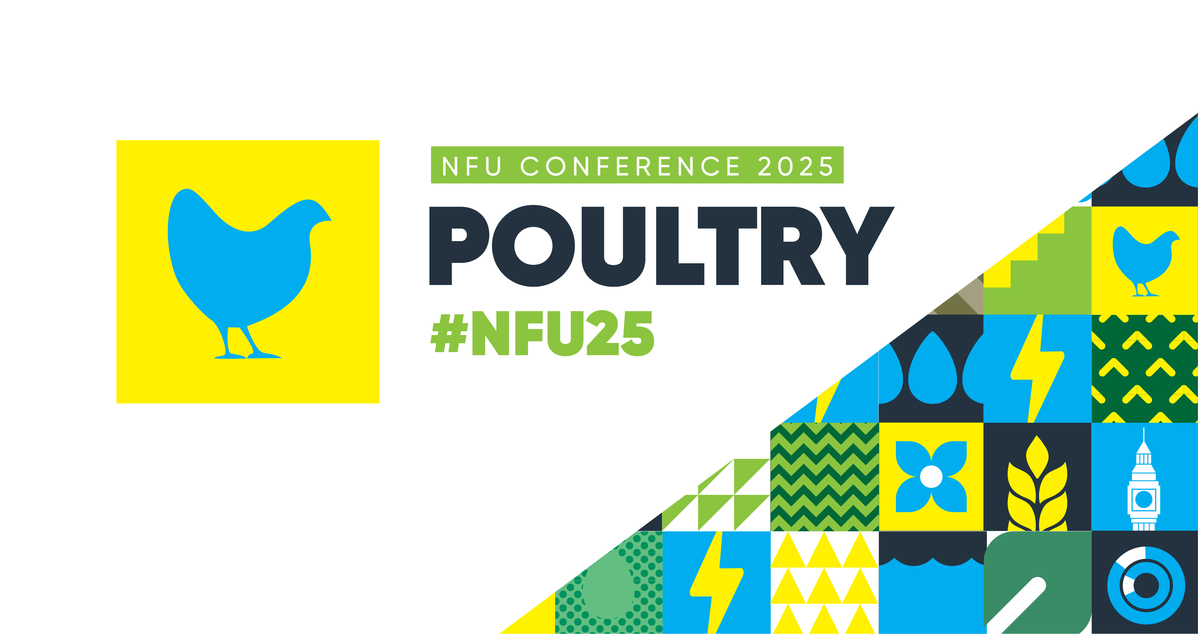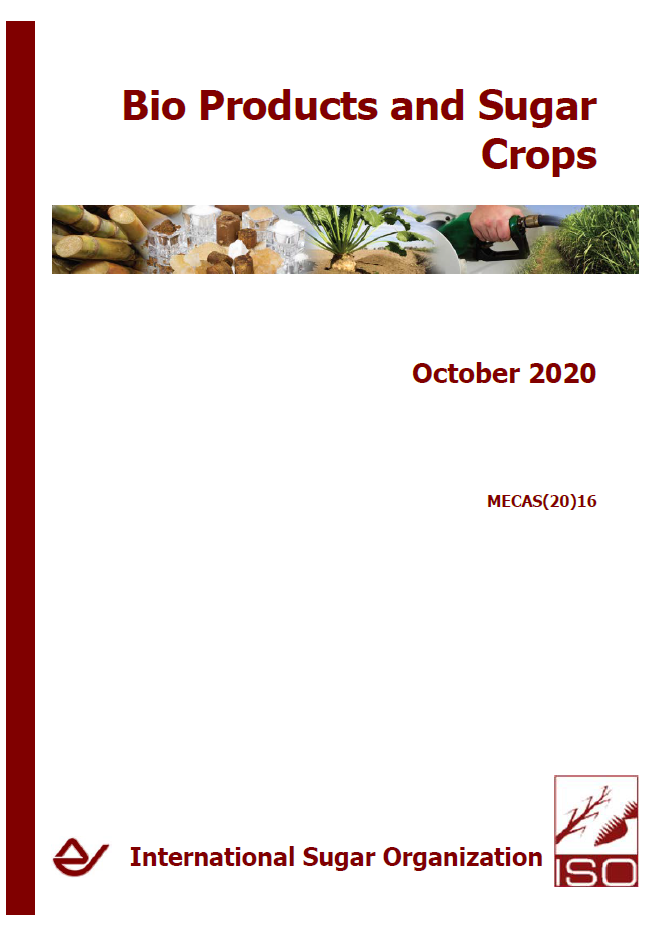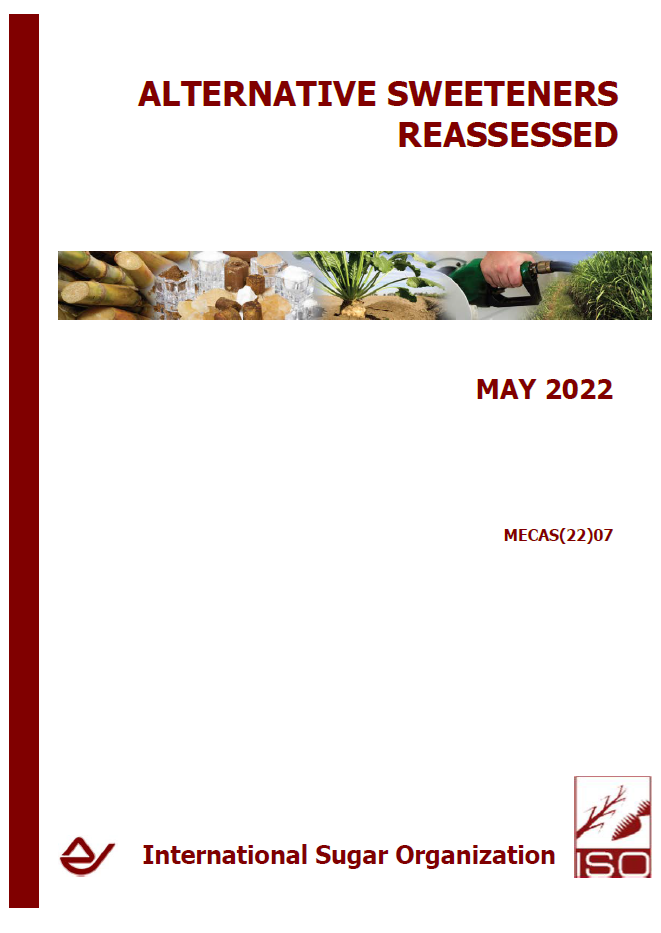“There’s no doubt that expectations on beet growers, and farmers in general, in the UK are increasing,” said NFU Sugar Board chair Michael Sly, setting the scene for the challenges this presents for growers, as the government, supply chain and consumers “are asking more of food producers than they ever have before”.
He highlighted the role the beet industry is expected to play in the broader societal transition in terms of a low carbon future and increased carbon capture, as well as the need to cater to the UK’s changing tastes.
Michael warned that “environmental hazard”, the threat that a substance could cause damage, is “often taking precedence over environmental risk”, the likelihood that it would, when applied as per the scientifically based regulations attached to its use.
Expectations he said, “can easily become requirements for farmers to do business, regardless of the practicalities of implementation on farm”. He referenced Defra’s recent decision to reject NFU Sugar and British Sugar’s application for the emergency use of Cruiser seed treatment this year amid the ongoing threat of Virus Yellows.
UK farmers at a crossroads
Despite the need to engage with growers on significant scope 3 emissions savings to deliver decarbonisation targets, they are “often the last to be invited in the conversation”, Michael said.
“The combined weight of expectations from both government and our supply chain are increasingly placing UK farmers at a crossroads. We as beet growers often find ourselves at the forefront of this, when expectations come crashing into reality.”
NFU Sugar continues to play a vital role in strongly lobbying government and collaborating with the wider supply chain, Michael explained, securing opportunities for growers in the face of changing expectations.
Key among its asks of government are:
- Revisions and additions to ELMs.
- Tangible support in the face of an “ever shrinking plant protection toolbox”.
- A level playing field in trade policy.

How grower groups are responding to consumer expectations
Timothé Masson, Executive Secretary at the WABCG ( World Association of Beet and Cane Growers) pointed to examples from around the world where changing expectations have presented new opportunities
“The combined weight of expectations from both government and our supply chain are increasingly placing UK farmers at a crossroads.”
NFU Sugar Board chair Michael Sly
Specific examples include SmartCane in Australia (an assurance mark introduced to allay concerns around the implications of cane cultivation on the Great Barrier Reef), payments for data in France and Belgium, and the Tereos model of carbon differentiated sugar (low, medium, and high carbon).
On the latter he looked to France, where some factories are paying growers to provide data on carbon emissions.
“Sadly, we have not seen a formal discussion with the industry about the value of this data and how it would be shared between growers and factories. The main question remains, will the buyer pay and will the premium be shared with the growers?”
Global opportunities
José Orive, Executive Director of the ISO (International Sugar Organisation) questioned what the sugar industry of tomorrow might look like, giving examples of the actions and innovations undertaken by industries to build in resilience in the face of changing expectations: biofuels, bioplastics, leaf proteins and SAF (sustainable aviation fuel).
“Around 70% of the sugar [globally] comes from cane, 30% comes from beet. But socially, environmentally [...] we are facing the same challenges. We are facing the same pressures from government and if I may be undiplomatic, we are being handcuffed with a shrinking toolbox for sugar.
“We need to promote that all decisions that affect growers are based on sound scientific evidence, not preliminary fads of the moment, not solutions that are developed by people in an office who never touch the soil.”
Looking to possible opportunities, Mr Orive said the sector that has increased the amount of work most for the ISO is biofuels. “The production of ethanol brings a viable solution to the basket,” he said.
While he acknowledged ethanol is more viable for sugar cane than beet, there is potential in beet pulp to find new avenues and contribute to this decarbonisation.
SAF also holds promise as another viable alternative with production capacity growing by around 3 million tonnes per year, Mr Orive said. However, this remains a “nascent technology” with a need for greater development and government support.
“Let’s keep in mind that in the world we need 1% more sugar every year. So for the next 30 years, whatever we would do, we would need 30 million tonnes of more sugar.”
Executive Secretary at the WABCG Timothé Masson
Golden age of sugar
Could we be looking at a renaissance for sugar production in the UK and across Europe, Michael asked.
Mr Masson said it is a difficult situation in France, with six factories having closed in the past six years. “But we want to believe the so-called golden age is yet to come.”
He said hope lies in diversification with examples such as SAF and ethanol.
“Let’s keep in mind that in the world we need 1% more sugar every year. So for the next 30 years, whatever we would do, we would need 30 million tonnes of more sugar.”
Mr Orive said we need a level playing field. “The bottom line is if growers are being asked to rise up to the challenge, they need to be supported, they need the regulatory framework, they need the price mechanisms that make sense and they need the support.”
Members can access ISO Market Evaluation Consumption and Statistics reports on ‘Bio-Products and Sugar Crops’ and ‘Alternative Sweeteners’ via the links below.
Non-members are invited to contact [email protected], quoting their contract number, to request access.
Meet the speakers from this session
Timothé Masson
Executive Secretary, World Association of Beet and Cane Growers
Dr James Northen
Head of NFU Sugar
He is a former director at the Institute of Grocery Distribution and adviser to Arla Foods and the Food Ethics Council.
He works closely with the NFU Sugar board to shape the organisation's policy and plays a crucial role in price negotiations.
José Orive
Executive Director, International Sugar Organisation
Previously, Mr. Orive was the Executive Director of the Central American Sugar Association (AICA) for 19 years.
More from our NFU25 fringes
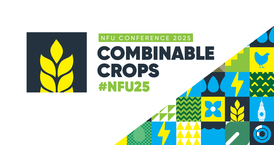
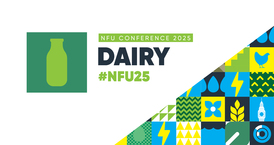
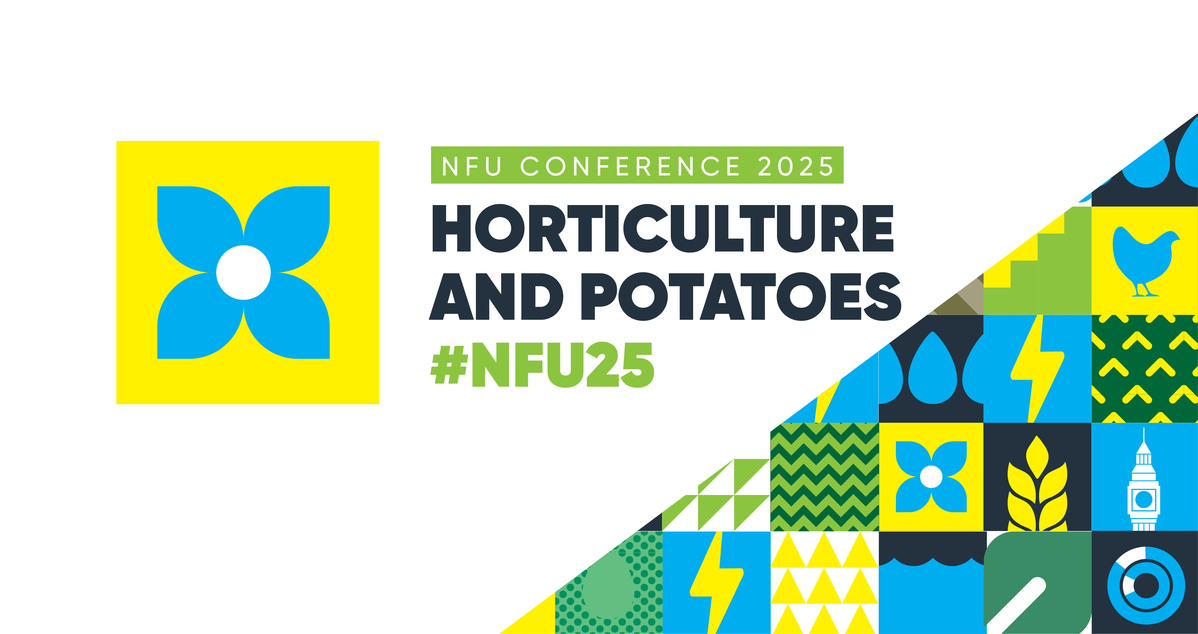
Watch again – NFU25: Horticulture and potatoes fringe session
